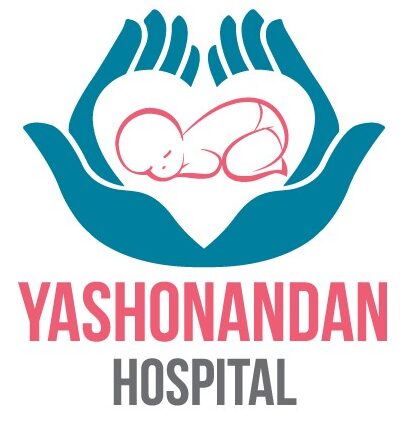Attention-Deficit/Hyperactivity Disorder, commonly known as ADHD, is a significant neurodevelopmental disorder that affects many children around the globe. ADHD can be challenging not just for the child, but also for their family and teachers. Understanding how ADHD affects in child development is crucial for anyone involved in the upbringing or education of a child with ADHD. This blog aims to give parents and educators useful insights into supporting children with ADHD through every stage of their development. Our focus is on providing clear, actionable advice to help children thrive, both in school and at home.
Understanding ADHD in Children
ADHD early signs and symptoms often show up as problems with focus, impulsivity, and managing self-control. These symptoms can vary significantly among children, making ADHD something of a spectrum. Typically, ADHD is diagnosed between the ages of 3 and 7, but it’s important to note that it affects genders differently. Boys often show hyperactive behavior, while girls may exhibit inattentiveness. Recognizing ADHD early symptoms is vital for proper support. These can include trouble sitting still, frequent daydreaming, or easily getting distracted. Knowing these signs enables early intervention which can make a massive difference in the child’s schooling and social skills.
Key Effects of ADHD on Child Development
How do ADHD affects in child development? Let’s take a closer look:
- Academic Challenges: Children with ADHD often struggle with staying focused and retaining information. This can lead to challenges in schoolwork and homework, resulting in poor academic performance.
- Social Interaction: Kids with ADHD may find it hard to interact with peers. They might not pick up on social cues, which can lead to misunderstandings or conflicts with friends.
- Emotional Regulation: Managing emotions can be tough. Children might overreact to small problems or seem moody.
- Family Dynamics: ADHD doesn’t just affect the child. It can cause stress and tension at home, as family members adjust to their child’s needs. Effective communication becomes key to maintaining harmony.
Understanding these areas can help in managing the ADHD early signs and symptoms, making life smoother for the child and those around them.
Navigating ADHD Across Developmental Stages
ADHD impacts every stage of a child’s life differently. Here’s a breakdown:
- Early Childhood: This is when ADHD might affect a child’s learning and motor skills. Toddlers may have trouble staying on tasks or playing peacefully with others. Recognizing these ADHD early signs and symptoms can lead to earlier interventions.
- Elementary School Years: As academic demands increase, ADHD symptoms might become more evident. Children may struggle with organization, following instructions, or completing tasks in school. Social skills play an even bigger role now, with group activities highlighting potential social challenges.
- Adolescence: Teens face heightened emotional changes. With ADHD, they may experience increased risk-taking behaviors or find it difficult to manage these new feelings. It’s a time for parents and educators to offer extra guidance.
- Long-term Considerations: ADHD doesn’t always vanish in adulthood. Many individuals continue to face challenges related to attention, organization, and impulse control. Recognizing ADHD early symptoms and managing them can help reduce long-term impacts.
Supporting Children with ADHD: Insights for Parents and Educators
Supporting a child with ADHD involves a team effort. Here are some practical tips:
- Early Intervention: Seek professional help early if you see ADHD early signs and symptoms. Early diagnosis can lead to better management.
- Classroom Strategies: Teachers can create structured routines and set clear, simple instructions. Individualized educational plans can cater to specific needs.
- Parenting Tips: Embrace positive reinforcement. Celebrate small successes. Engage your child in activities they enjoy and can excel in.
- Therapies and Treatments: Consider behavioral therapies, which can help manage symptoms. Medication can also be an option, but always consult a healthcare professional.
With these insights, managing how ADHD affects in child development becomes more achievable.
Common Misconceptions About ADHD
Let’s clear up some common myths:
- ADHD is not caused by bad parenting. It’s a brain disorder that requires understanding and support.
- Many believe it’s just a childhood disorder. In reality, ADHD can continue into adulthood, affecting life in significant ways.
Dispelling these myths is crucial in helping children get the correct support they need.
Conclusion
Understanding how ADHD affects in child development is key to supporting these children effectively. Early intervention, combined with a collaborative effort from parents and educators, lays the foundation for success. By breaking down misconceptions and emphasizing supportive strategies, children with ADHD can reach their full potential. Every child deserves to shine, and with the right tools and mindset, they can thrive in their unique journey.
If you’re concerned about your child’s development or suspect ADHD, Yashonandan Hospital is here to help. Our expert team offers early diagnosis, intervention, and tailored support to ensure your child receives the care they need to thrive.
Schedule an appointment today and take the first step toward empowering your child’s future. Contact us at [insert contact details] or visit our website to book your consultation. Together, we can help your child shine!

